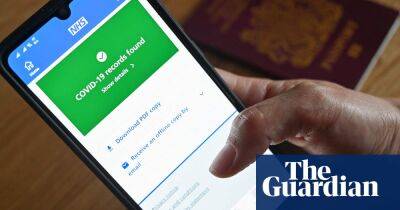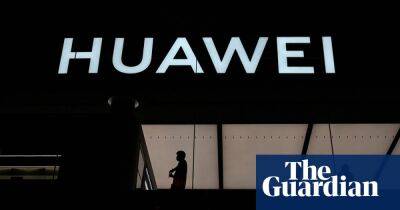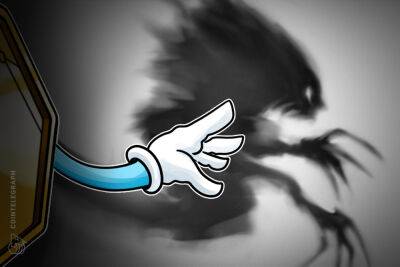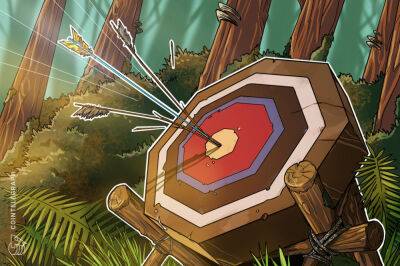Hermann Hauser, founder of Arm: ‘Brexit is the biggest loss of sovereignty since 1066’
The story of the smartphone revolution might have been very different. Hermann Hauser was enjoying success as a computer entrepreneur in Cambridge in 1985, but his company, Acorn, needed a better chip. Hauser approached the US firm Intel to ask if he could modify one of its chips.
“Intel said get lost,” says Hauser. “Who the hell are you? They are perfect as they are.’”
It may well regret that decision. Hauser instead asked two engineers to create Acorn’s own version. There are now 225bn descendants of the first “advanced Risc machine”, or Arm, the biggest rival to Intel. If you are reading this on a mobile device there is a very high chance you are holding one of its chips in your hand – the company estimates they are embedded in 95% of smartphones worldwide.
Yet its future is deeply uncertain, amid concerns it will list on New York’s stock market, loosening its UK roots. The company has halted work on a dual listing in the UK, the Financial Times reported last week. That would be a major blow to Downing Street, which has lobbied hard for a London listing.
Hauser, now a venture capital investor in a series of UK tech companies, sold his shareholding in Arm in 2016 when it was bought by Japan’s SoftBank, but he is an outspoken advocate of it retaining its status as an independent company, and a UK tech champion.
American chip designer Nvidia tried to buy Arm in 2020, which “would have been an absolute disaster”, he says, speaking from his Cambridge office. He is in favour of an initial public offering that allows a diverse shareholder base to take minority investments and keep Arm as the “Switzerland of the semiconductor industry”, able to work with anyone.
Age 73
Family Pamela Raspe, wife of 40 years this year, an adult
Read more on theguardian.com








![Shiba Inu [SHIB] holders’ fortune prediction for next week](https://finance-news.co/storage/thumbs_400/img/2022/8/19/37737_r61lx.jpg)












